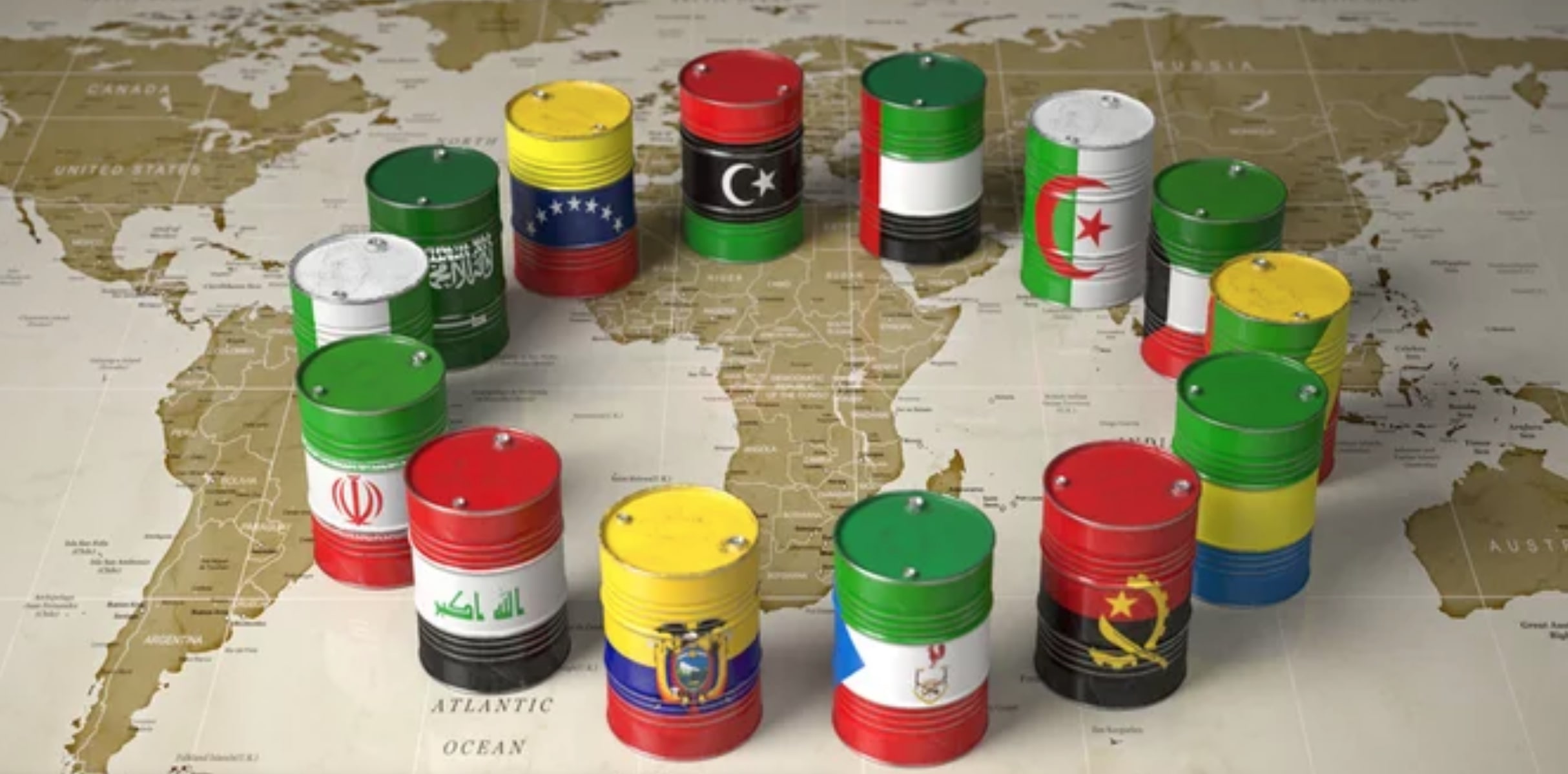Introduction:
The recent decision by the Organisation of the Petroleum Exporting Countries (OPEC) to extend production cuts into 2024, coupled with Saudi Arabia’s additional 1 million barrels per day (bpd) cut in July, has stirred up debates and concerns about the manipulation of oil prices and its impact on the global economy. Critics in the West argue that OPEC’s actions distort oil prices, while OPEC countries contend that the West’s monetary policies and money-printing have fuelled inflation, necessitating increased purchasing power for oil. This article delves into the implications of OPEC’s decisions, the alleged manipulation of oil prices, and the proposed link between oil prices and gold.
OPEC’s Production Cuts and Saudi Arabia’s Role:
OPEC, a group consisting of major oil-producing countries, aims to stabilise oil prices by coordinating production levels. In June 2023, OPEC announced the extension of production cuts beyond their initial timeline, signalling a commitment to managing oil supply to maintain stability. Furthermore, Saudi Arabia, a key player within OPEC, decided to deepen the cuts by an additional 1 million bpd in July, amplifying efforts to stabilise the oil market.
Criticism of OPEC and Allegations of Manipulation:
Critics in the West often accuse OPEC of manipulating oil prices to benefit its member countries at the expense of the global economy. They argue that OPEC’s production cuts restrict supply artificially, driving up prices and undermining market forces. This alleged manipulation, they contend, leads to higher fuel costs for businesses and consumers, impacting economic growth and burdening inflationary pressures.
OPEC’s Perspective and Inflationary Concerns:
OPEC nations maintain that the West’s monetary policies, characterised by extensive money-printing and accommodative measures, have contributed to inflationary pressures globally. The excessive liquidity injected into financial markets has increased the demand for commodities, including oil, and subsequently led to price hikes. OPEC argues that the increase in oil prices is necessary to maintain purchasing power, especially as the costs of production and investments in the oil industry continue to rise.
The Proposed Oil-Gold Link:
Amidst the discussions surrounding OPEC’s actions and the impact on global economies, some proponents have suggested a link between oil prices and gold. They argue that as both oil and gold are key commodities that play significant roles in the global economy, their prices should be interconnected. According to this viewpoint, fluctuations in oil prices can be reflected in the value of gold, potentially providing a stabilising mechanism for both markets.
Implications for the Global Economy:
The decisions made by OPEC and the potential impact on oil prices have far-reaching consequences for the global economy. Higher oil prices translate into increased production costs and fuel expenses for businesses and households, potentially leading to reduced economic activity. Moreover, if OPEC’s decisions are perceived as manipulative, it could strain international relations and trade dynamics, triggering further economic uncertainties.
Conclusion:
The extension of production cuts by OPEC and Saudi Arabia’s additional reduction in oil output have sparked debates regarding the alleged manipulation of oil prices and its ramifications on the global economy. While critics in the West point fingers at OPEC, OPEC countries contend that the West’s monetary policies have driven inflation, necessitating adjustments in oil prices to maintain purchasing power. Amidst these discussions, the proposed link between oil prices and gold emerges as a potential mechanism to stabilise commodity markets. The complex interplay between OPEC’s decisions, oil prices, inflation, and global economic dynamics underscores the importance of dialogue and cooperation between OPEC and the Western nations to address the concerns and maintain stability in the energy markets.














